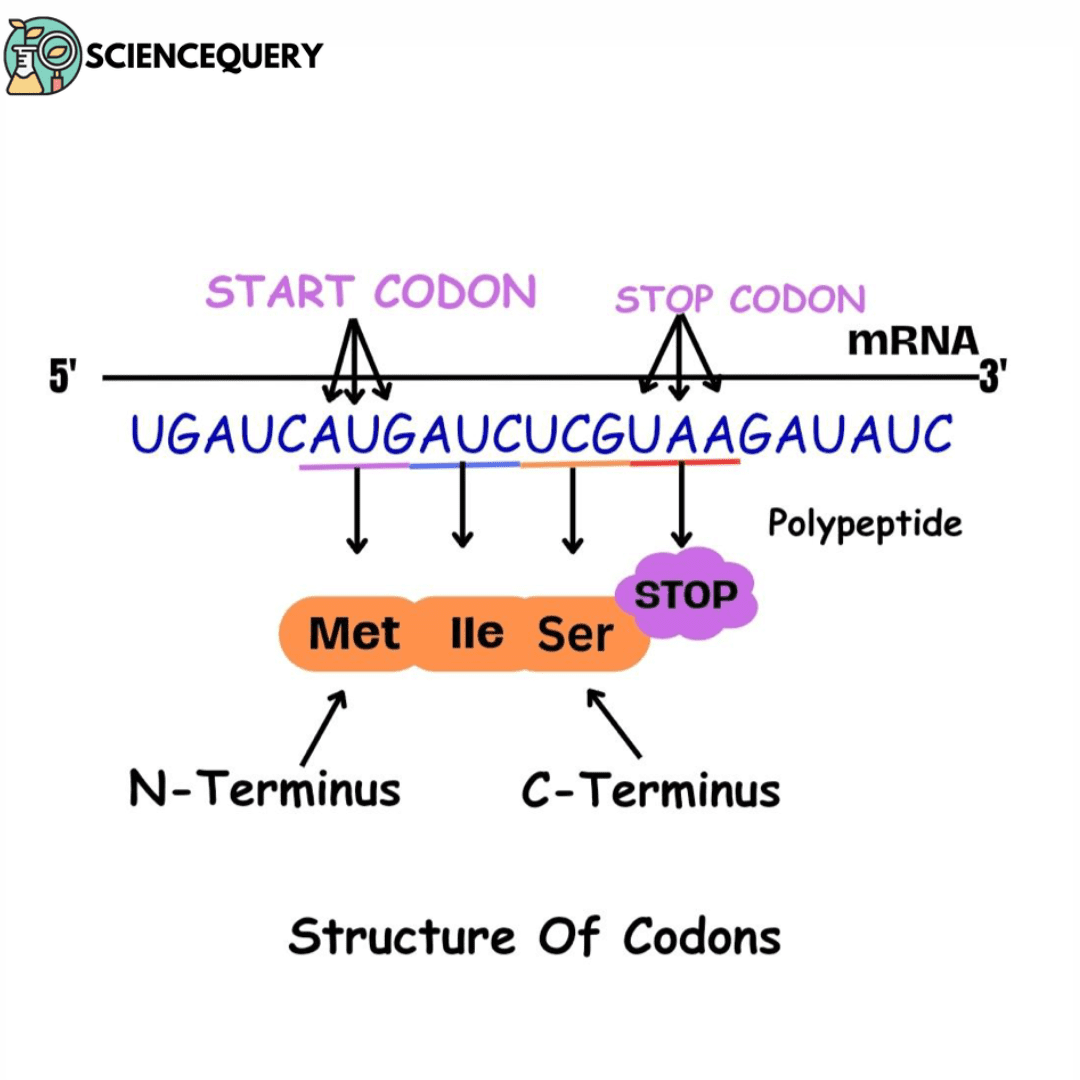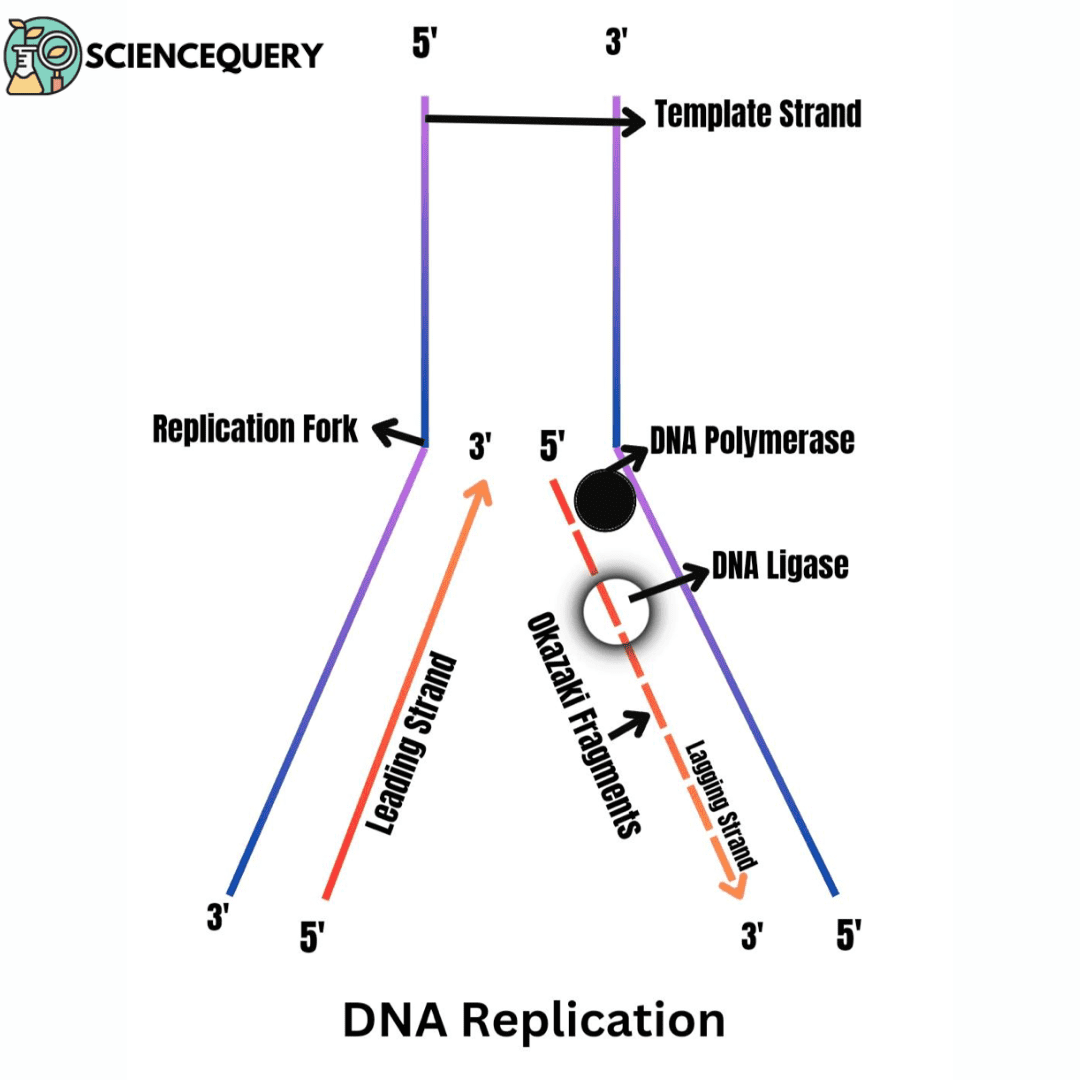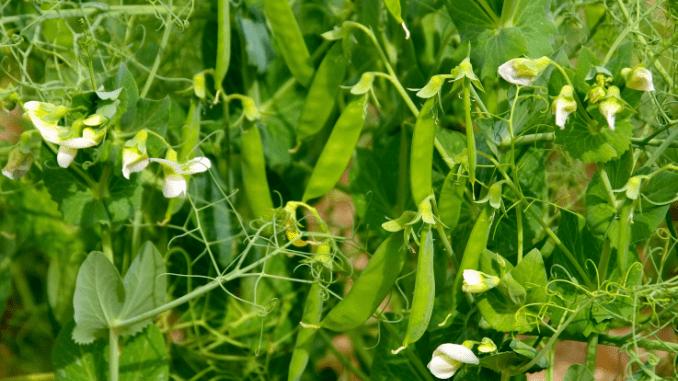
Genetic Codons
Introduction What are genetic codons? Genetic codons are sequences of three nucleotides that form the genetic code. The sequence of amino acids in a polypeptide […]

Introduction What are genetic codons? Genetic codons are sequences of three nucleotides that form the genetic code. The sequence of amino acids in a polypeptide […]

Introduction DNA is the fundamental building block of an organism’s genetic information. It consists of two long strands made up of four different nucleotide bases […]

Introduction Breeding is the way of producing offspring through sexual reproduction. However, plant breeding is a biotechnological process that occurs with the intervention of humans. […]

Introduction Pollination is the procedure of transfer of pollen from an anther of a plant to the stigma of the same or the other plant. […]

Introduction A molecular clock is a concept used to estimate the genetic divergences between species. It helps to analyze the mutation rates in DNA sequences […]

Introduction Cytoplasmic inheritance or maternal inheritance is simply the transfer of genetic characters through the cytoplasm (that is other organelle DNA) instead of the nucleus. […]

Introduction Gregor Johann Mendel was a 19th-century Austrian abbot who was also a biologist and mathematician. He started his experiments regarding the pattern of inheritance […]

Introduction Gregor Mendel achieved a breakthrough with his experiments in the field of Genetics. However, he generally worked on a controlled setup. His laws applied […]
Copyright © 2024 | WordPress Theme by MH Themes